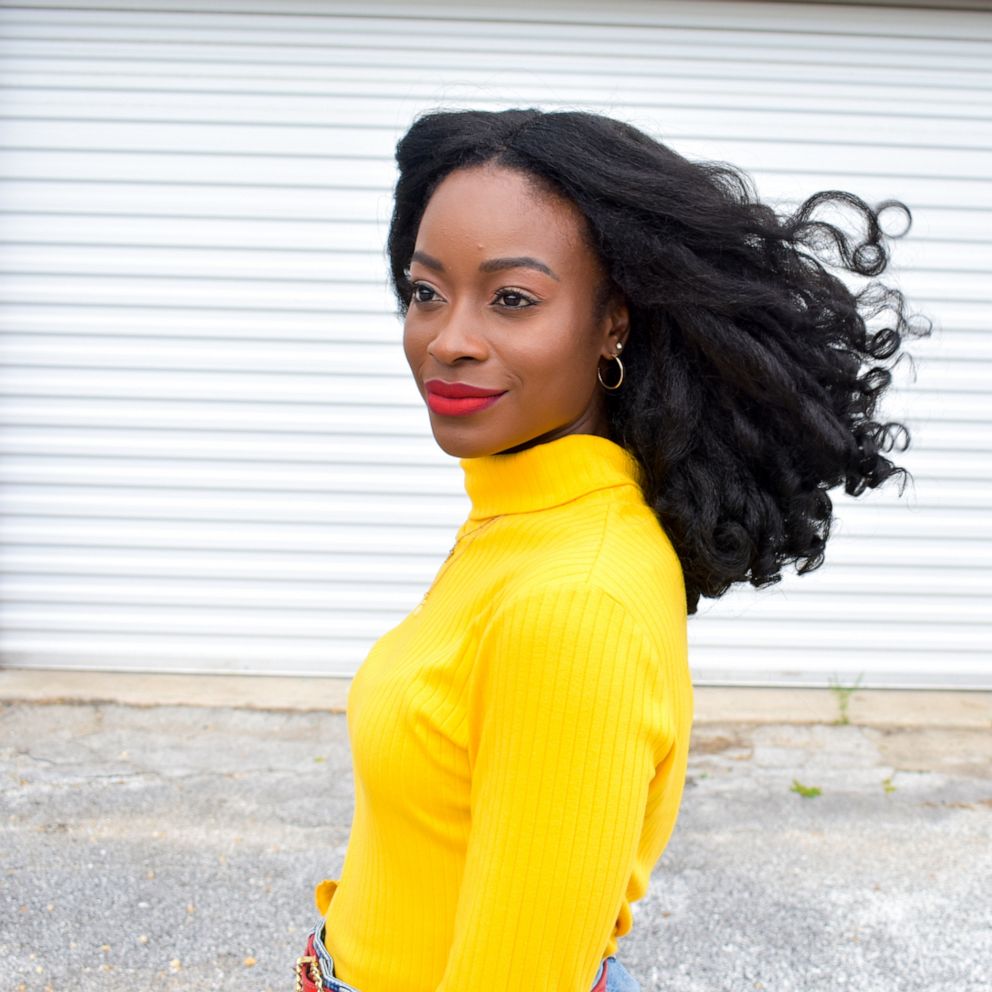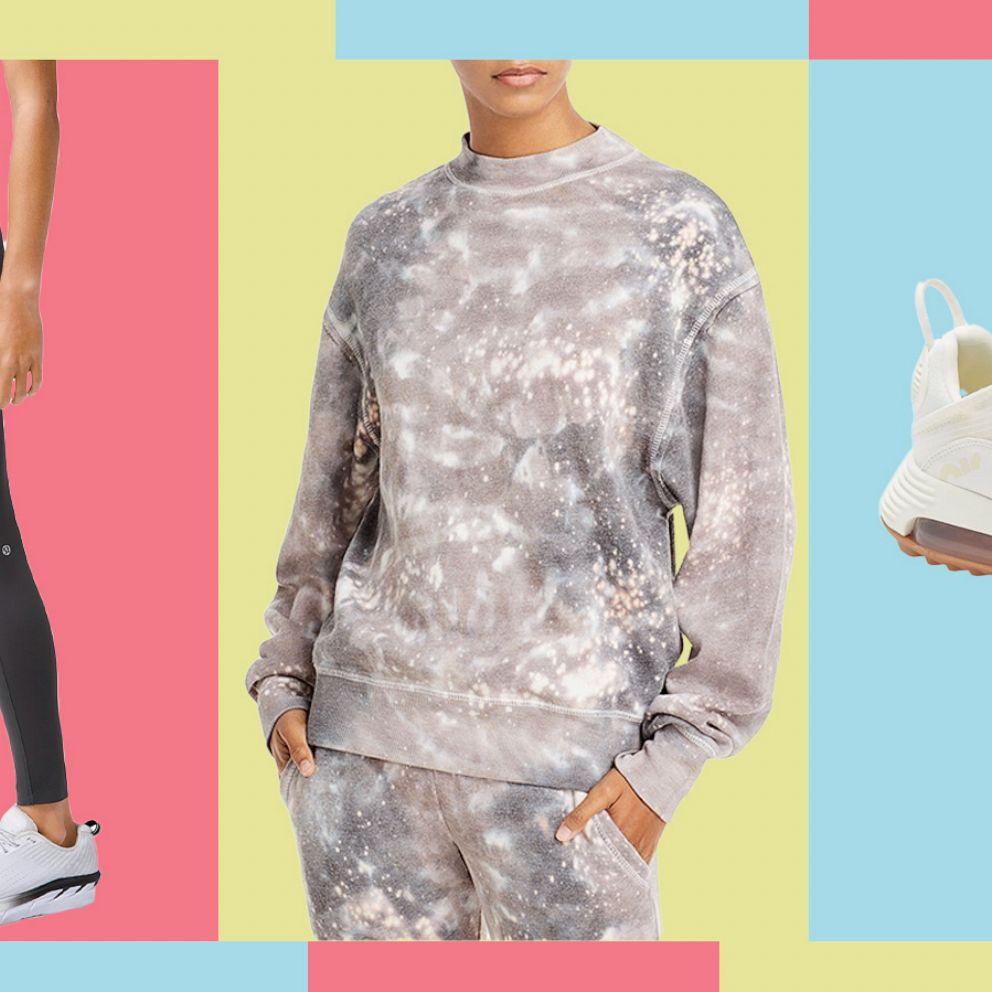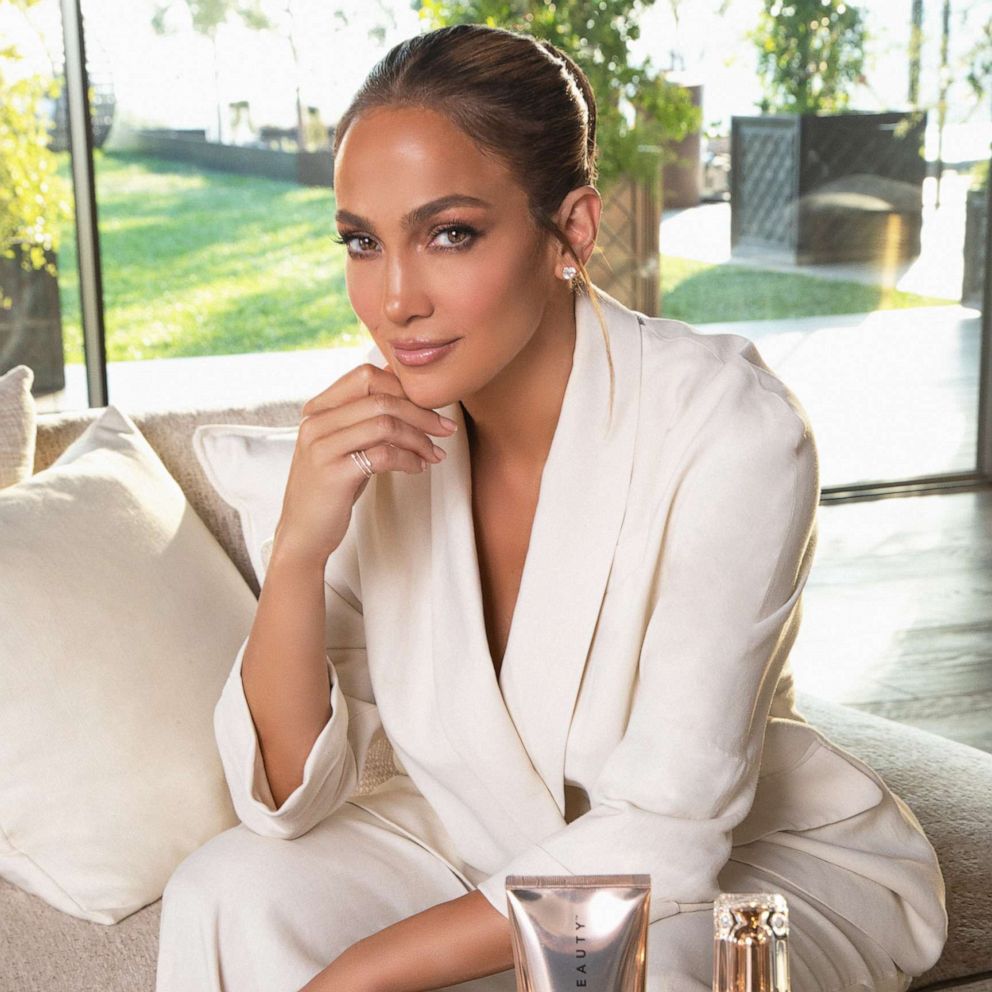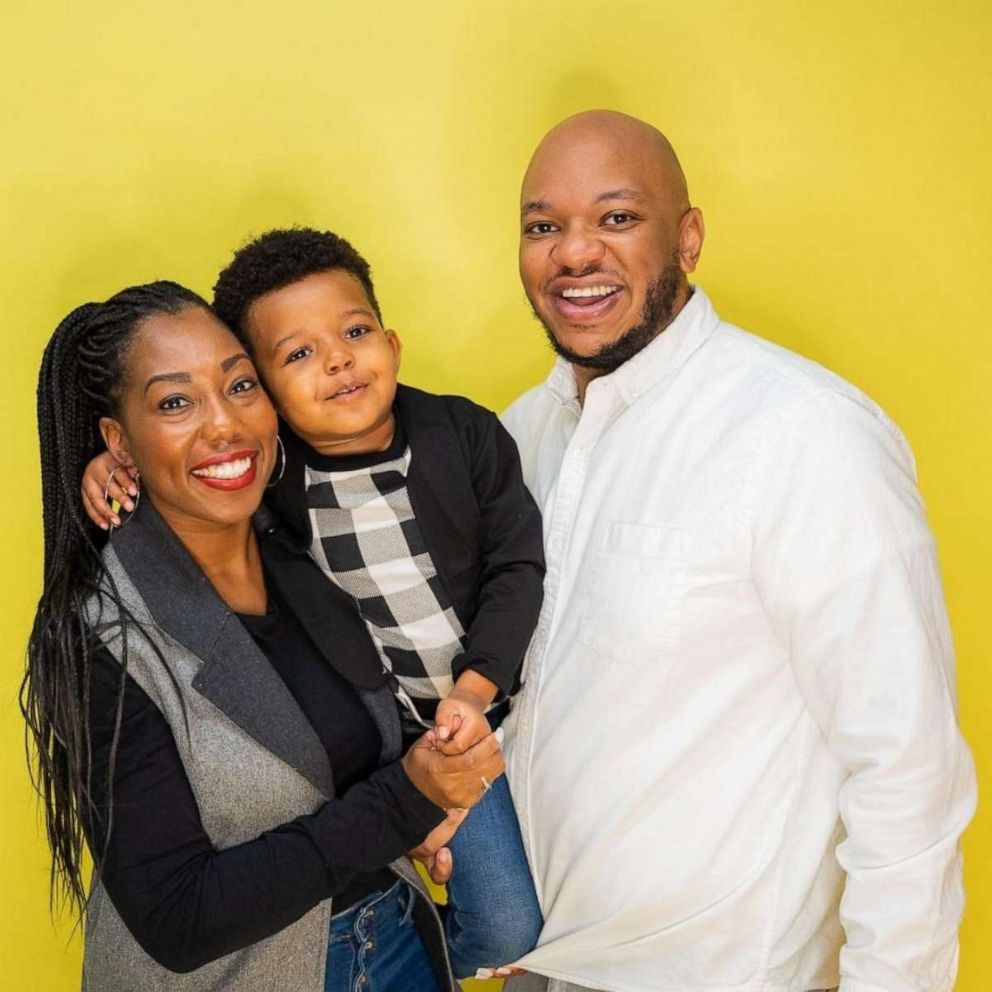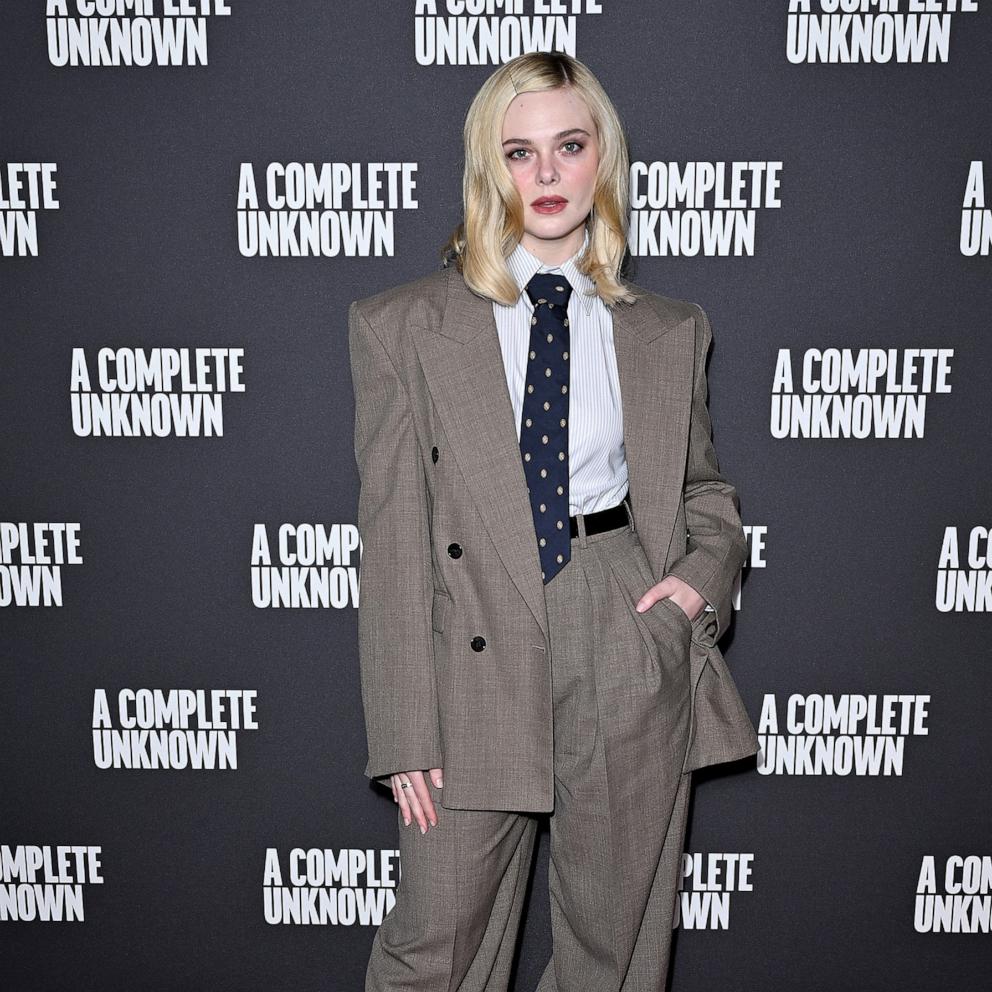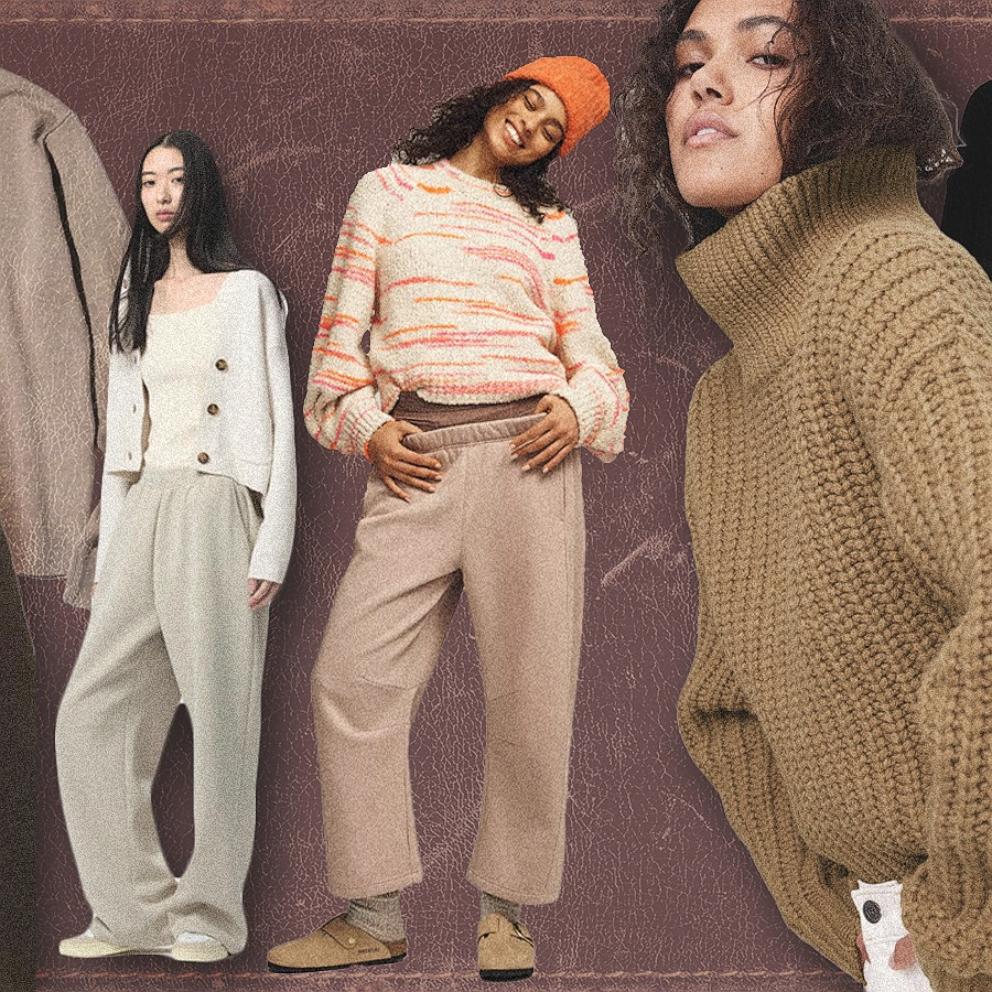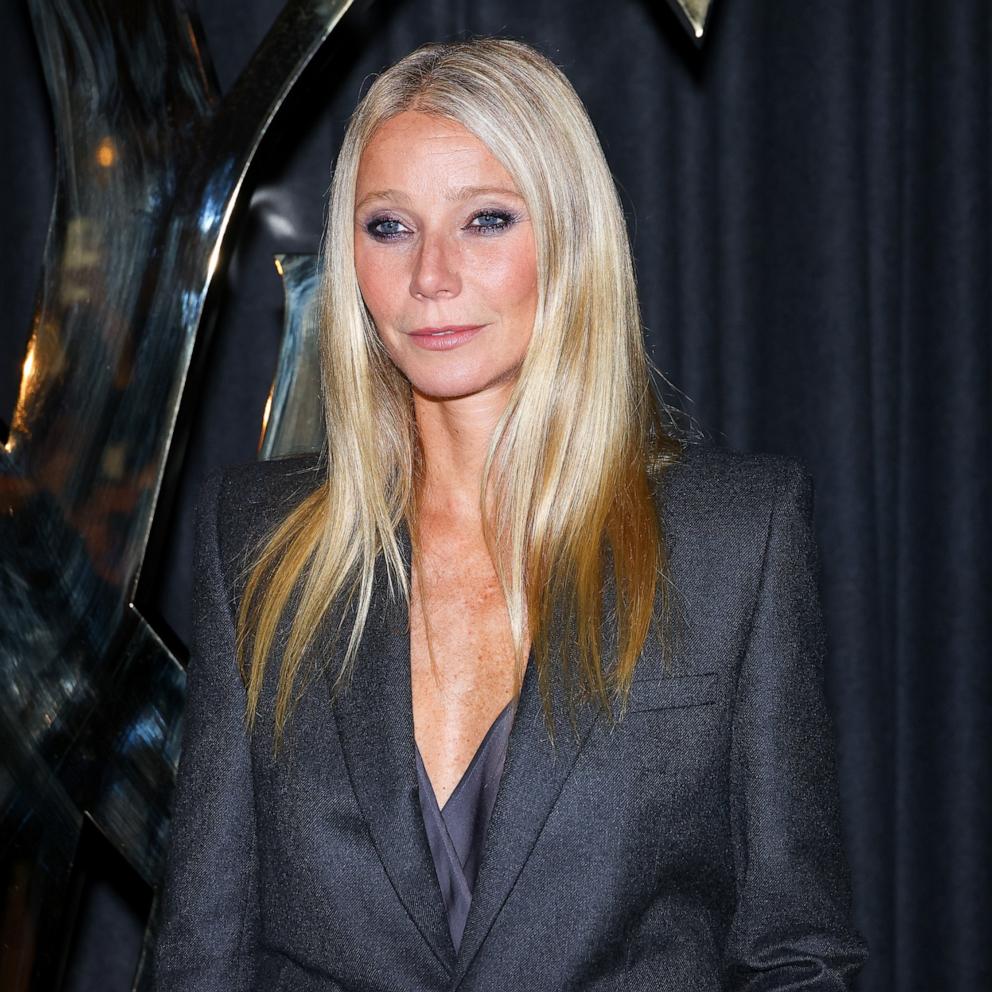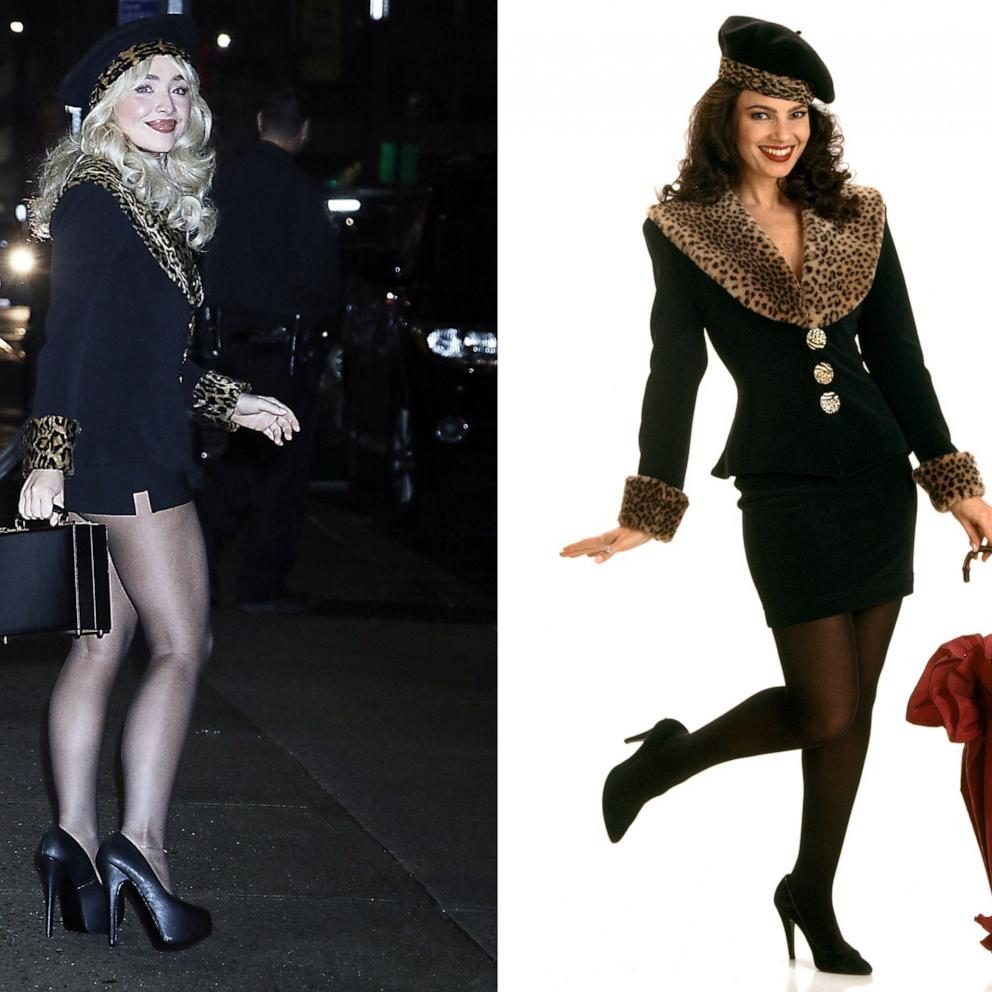This growing beauty brand is dedicated to creating safer hair solutions for women of color
"In the last four years, we have helped to debunk the myth that Black women wear hair extensions because we hate our hair," Latched and Hooked Beauty CEO Tiffini Gatlin told "GMA." "Manipulating Black hair takes time, and our ready-to-wear hair extensions give Black women an additional 45 minutes back each day."
The Atlanta-based founder was inspired to create a line of non-toxic synthetic hair extensions and scalp hygiene products for Black women after her teenage daughter experienced an intense itching and burning sensation after getting her hair braided with hair purchased from a beauty supply store -- ultimately leaving her in tears.
"I lost $200 and was left with no explanation as to what she had just experienced," said Gatlin.
This unfortunate experience led to lots of research and finding private Facebook groups from thousands of women suffering from the same discomfort Gatlin's daughter had dealt with. She became obsessed with finding out how she could create a solution to this apparent issue.
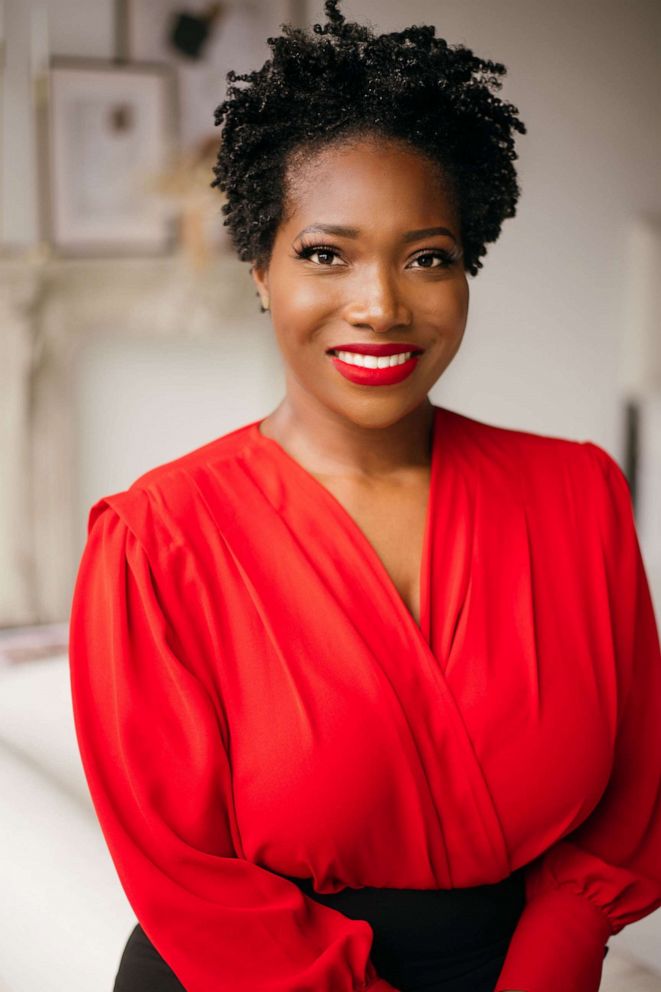
In 2016, Latched and Hooked Beauty initially launched with synthetic hair that was already pre-curled and looped to prevent women from hot water burns while wearing protective hairstyling. A pot or container of steamy hot water is what many hairstylists use to dip braiding hair into, which allows any loose or flyaway ends to settle and mend together.
"Latched and Hooked is where innovation meets self-care," said Gatlin. Today, the company carries extensions suitable for everything from braids and crochet-styled hair to wigs and ponytails.
Although it takes more time and results in higher costs than a local beauty supply store, Latched and Hooked Beauty extensions are ethically hand-made by small, family-owned factories.
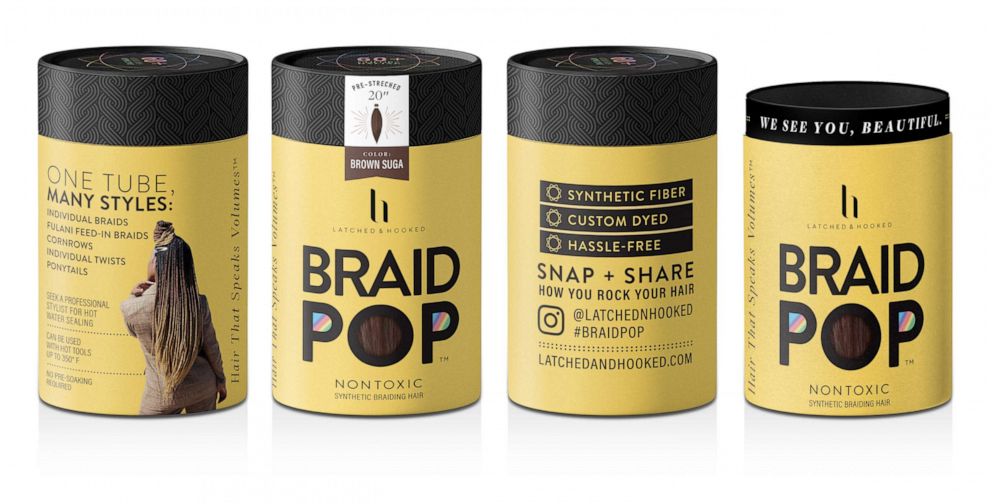
While synthetic hair is a polymer fiber generally formulated with a series of chemicals, Gatlin has partnered with her manufacturer to use chemicals that are non-toxic, which she says makes her products not only makes women look good, "but she feels good while wearing it."
"I design my curl patterns from trends I see in beauty, mass media or styles I've personally worn with my natural hair," said Gatlin. "It's important that the synthetic hair has movement and mimics the texture of my consumer. I'm also inspired to create colors within my collections from Pantone colors and paint swatches."
The brand also most recently released Scalp Soothie, a 3-in-1 stimulating scalp massager created to stimulate hair follicles, remove dead skin cells, relieve headaches, neck tension and more.
"We know from asking over 15,000 customers, that on average Black women will keep a protective hairstyle between 4-8 weeks and during this time she will not cleanse her scalp with fear of messing up her hairstyle," she said.
Gatlin added, "The goal is to educate Black women on the importance of a healthy scalp regimen for ultimate hair growth."
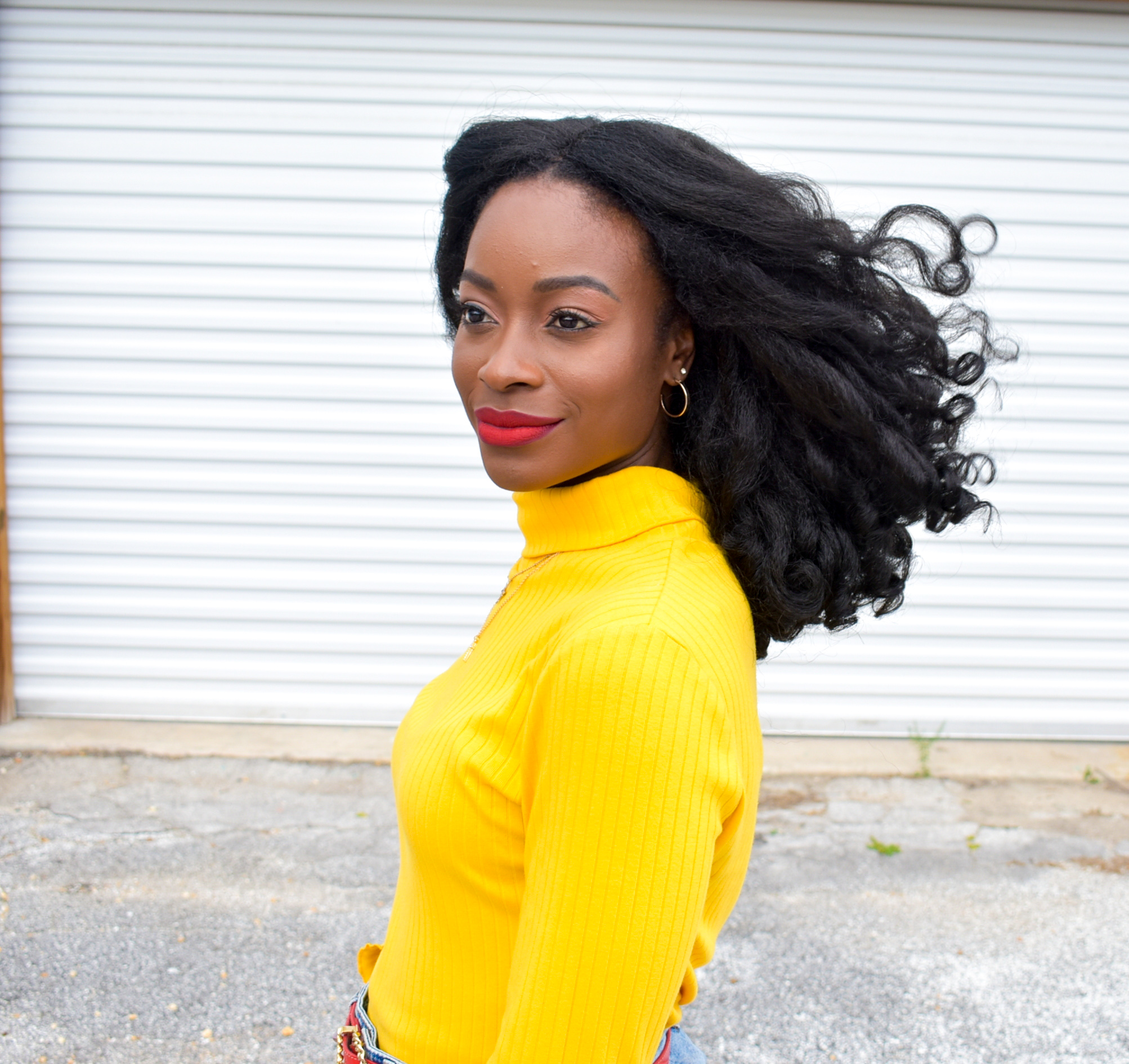
With Latched and Hooked Beauty's wide assortment of offerings, there are options for moms who are going into labor and don't want to be concerned with their hair, women wanting to reclaim healthy lifestyles while working out without using hair as a barrier, and, Gatlin added, "we continue to be a solution for Black women who have experienced hair loss."
"There is finally braiding hair we can use that won't irritate our scalp, and skin in general," @journiidadiva wrote in an Instagram post about reviewing Latched and Hooked Beauty. "I can wear my hair down, and don't have to worry about my neck or back itching while I'm trying to enjoy life. Eczema and synthetic hair has never been a good combination for me, but I deal with it because I like getting braids."
She continued, "No more settling, itching and not having longevity on hair. Hope that more stylist in the future starts recommending it as an option for people like me. The hair is great quality, non-toxic, and ever better Black-owned!"
The company has also received hundreds of reviews from customers who say non-toxic extensions have helped everyone from women suffering from scalp conditions such as alopecia to parents looking for braiding hair options their child can feel confident wearing.
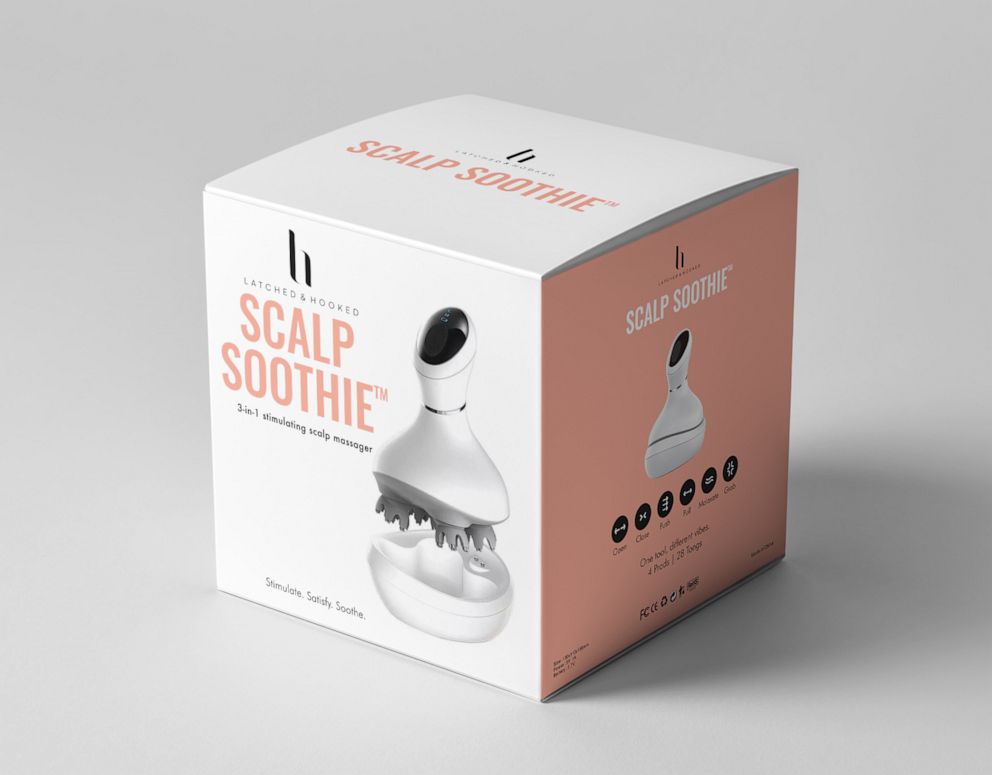
Like many other businesses, Gatlin's haircare company hasn't come without challenges. One of the biggest has been obtaining fair pricing for raw materials while also obtaining funding to scale.
"To overcome the challenge of getting our cost of goods lowered, I hired a Chinese liaison who handles our sourcing, negotiating and importing," said Gatlin. "Doing this levels the playing field and takes out the distraction while doing business."
Additionally, the brand has applied for grants and accelerator programs to provide funding and mentorship opportunities that are essential to further growing the business.
"Despite COVID-19, we had a lot of wins in 2020," said Gatlin. "In October, we were one of 76 founders who received non-dilutive funding from Google for Startups which we believe validated who we are in the marketplace. 2020 was also the year we achieved six-figure success by bootstrapping without any loans or funding and solely relying on our internal strategies and community."
"Black people, more than ever, are intentional about where and how we are spending our money," said Gatlin.
She continued, "There is a laser focus on funding underrepresented founders and as a Black-owned brand creating in a space that has been dominated by one demographic of people for the past five decades, it's extremely important for Latched and Hooked Beauty to make as much noise as possible to show not only do we deserve to be here, but there is a generation of Black kids who need our brand to be successful so they can walk the trail that we have blazed to continue to innovate in this space."
